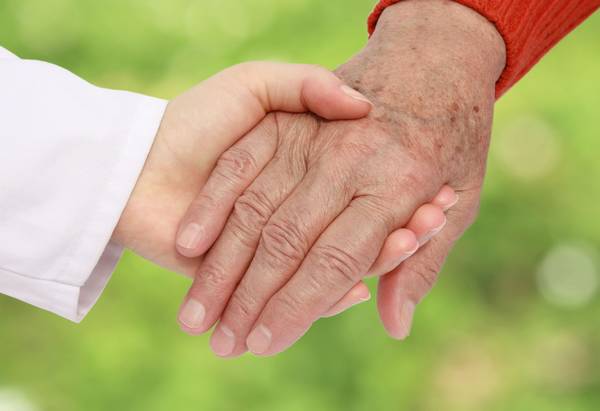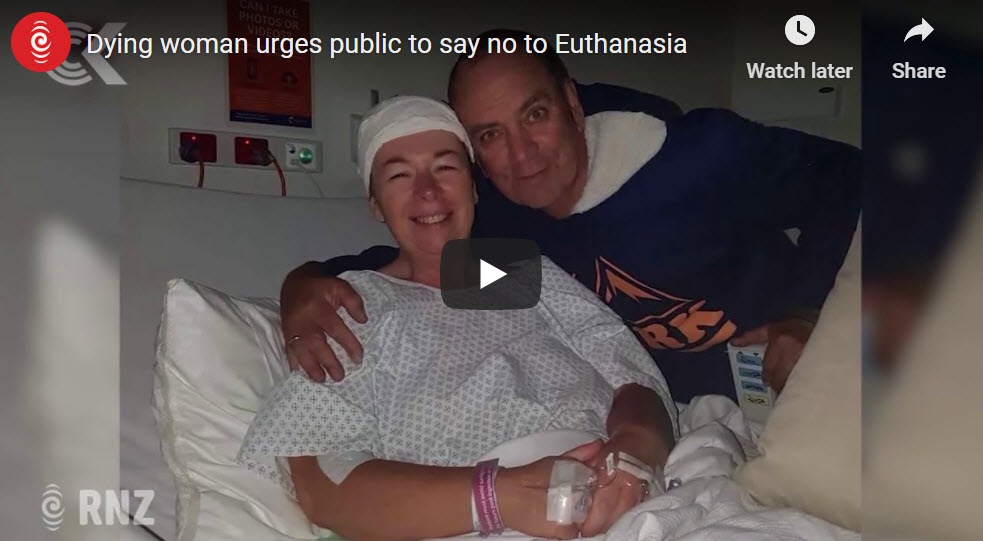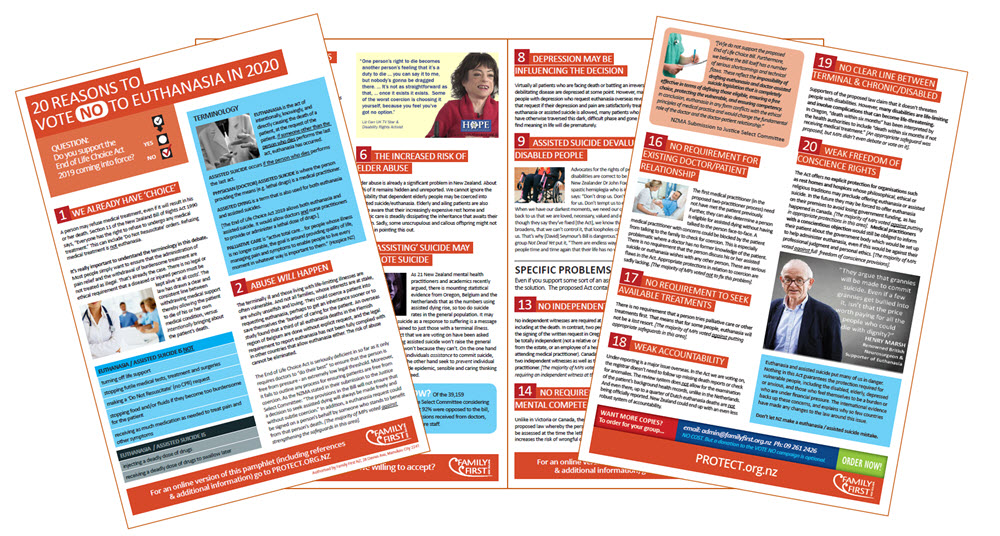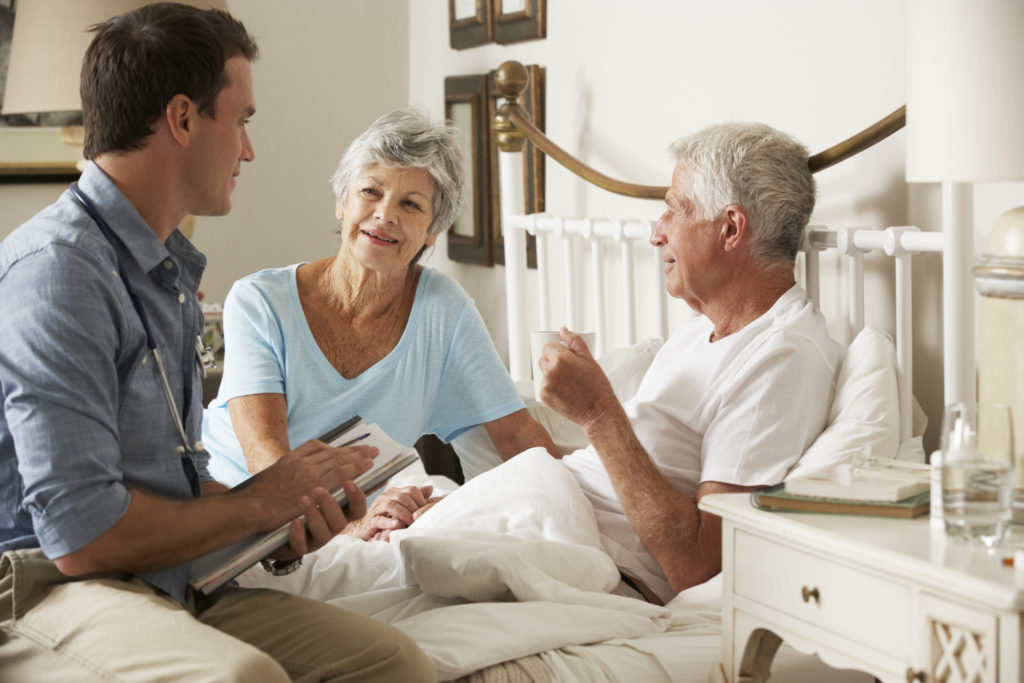Stuff co.nz 7 September 2020
Of the nearly 40,000 submissions made on the End of Life Choice Bill, most were in opposition – some citing religious reasons. Last year, leaders from across the religious divide penned a letter to MPs in a desperate final bid to prevent the bill being passed.
Ahead of the final parliamentary vote last November, leaders from the Catholic, Baptist, Presbyterian, Anglican and Lutheran churches, as well as the Federation of Islamic Associations and the Salvation Army, expressed “grave concerns” about the bill. Among them was the risk people would choose assisted death because of a “lack of other meaningful choices” – pointing to “inequitable” access to high-quality palliative care across the country. They stated they “firmly believe” allowing assisted dying would “open the gateway to many foreseen and unforeseen consequences” including the “real risk that people in lower socio-economic groups will find themselves being challenged unnecessarily and unjustly towards a premature death”.
John Kleinsman, director of The Nathaniel Centre for Bioethics – an agency of the New Zealand Catholic Bishops Conference, says while the conference believes it is dangerous to implement any euthanasia law, it also specifically takes issue with this particular piece of legislation.
He says that in a context where elder abuse is rife and “rising” despite a “very clear, robust law” prohibiting such abuse, the question: “if we can’t keep [them] safe now, how do we think we could keep them safe” has to be asked if such a law was to pass.
Kleinsman says as Catholics they are not interested in “imposing” their beliefs on others, and they understand there is a case to be made for euthanasia.
However, he pointed to “a number of issues” within the Act of concern to the Catholic bishops, including the absence of a ‘cooling-off period’, which he believes makes it a “dangerous” piece of legislation.
The Christian church promotes the idea of autonomy and self-choice, but “we are not individuals in isolation”, and assisted dying is “not the only way to have a dignified death”, he says.
Kleinsman says the organisation takes the stance – as Catholics – of looking at how this will impact the community and society, particularly those who are vulnerable.
Christianity remains New Zealand’s largest overall religious grouping, despite decreasing as a proportion since 2013. The top five denominations in order, as of the last Census, were Anglican, Christian with no denomination specified, Roman Catholic, Presbyterian and Catholicism (not further defined).
Kleinsman states any “euthanasia regime” relies on the idea that some lives are worth living while others are not: “if anything, those most vulnerable deserve the greatest protection and care”.
He says compassion and mercy are at the core of what it is to be Christian, but says it is compassion towards those who will be “sucked in unwittingly” and experience “wrongful death” that form the basis of his opposition to the Act.
“I think it will change the way we are as a society … how we think about old people, how we think about people with disability.”
It is important to note that under the Act, a person would not be eligible if the only reason they give is that they are suffering from a mental disorder or mental illness; have a disability of any kind; or because of their advanced age.
The Catholic Bishops and Nathaniel Centre both made submissions to the select committee about the bill as it was going through Parliament.
Kleinsman, who has been involved with the Nathaniel Centre for 20 years and director for 10 years, says priests and chaplins have significant experience with the dying, and know how difficult the process can be even with effective palliative care.
However, in a country where palliative care is “not equitable”, assisted dying legislation could see “people choosing [assisted dying] … because they don’t have any other option”, he states.
In Hinduism and Buddhism there are several points of view, both for and against euthanasia, however for those of Sikh or Muslim faith, the position is more steadfast.
Sikhism is the fastest growing religion in New Zealand, with those identifying with the religion at the 2018 Census more than quadrupling since 2006. About 41,000 Sikhs lived in New Zealand at last count.
Daljit Singh, spokesman for Supreme Sikh Society, the largest Sikh body in New Zealand, says Sikhism is a religion for the “whole humanity”.
“Under the guiding light of our Guru Sahib, Sikh religion does not agree with the End of Life Choice Act,” Singh told Stuff.
The sacred scripture of Sikhism, the Granth Sahib – states those who “self-destruct”, who take their own lives, are “not only finishing oneself but also destroying the whole world and humanity”, Singh says.
Other holy verses explain that pain and pleasure are bestowed upon humans at the will of the Almighty, Singh says.
If a person does not agree with [their pain], they should “return back to Almighty itself and make prayers to Him” to have such suffering relieved, and “not that a human become a boss of its own suffering or pleasure,” Singh said of the scriptures.
Singh says Guru Sahib also teaches it is not a human’s will when and how their lives shall come to an end: “We cannot go against his will,” they are told.
Similarly, one of the core tenets of Islam, of which more than 57,000 New Zealanders identified with at the last Census, is the consideration that all human life is sacred.
Muslims believe life is to be protected and promoted, and not “terminated prematurely” – with the Quran stating it is neither permissible to kill another or one’s self.
In a statement published by Federation of Islamic Associations of New Zealand last year, opposing euthanasia and the End of Life Choice Bill, its president Dr Mustafa Farouk, said it was “not for us or doctors to kill or aid others in destroying themselves”.
In it, Farouk said New Zealand Muslims were worried the “vulnerability of our community members could be exploited if euthanasia is legalised”.
Most of New Zealand’s Islam community migrated from countries where authorities are “hardly questioned”, prompting concern from FIANZ that people could be “suggested, pressured or coerced by authoritative figures like doctors to end their lives if they had terminal illness or disabilities”.
It said it was also concerned legalising euthanasia would “normalise it for future generations” and “erode our cultural identity”.
The Association worried members of its community who experience severe illness – particularly refugees, who were often poorer than the general population – could request assisted dying “out of guilt”, faced with high healthcare costs and “scarce” carers.
Perhaps most importantly, Farouk said FIANZ believe legalising euthanasia may provide “societal acceptance” needed by those with suicide tendencies in Muslim communities to “rationalise” suicide.
FIANZ was approached for comment.
READ MORE: https://www.stuff.co.nz/national/health/euthanasia-debate/300066732/euthanasia-referendum-kiwis-of-faith-split-on-end-of-life-choice-act












